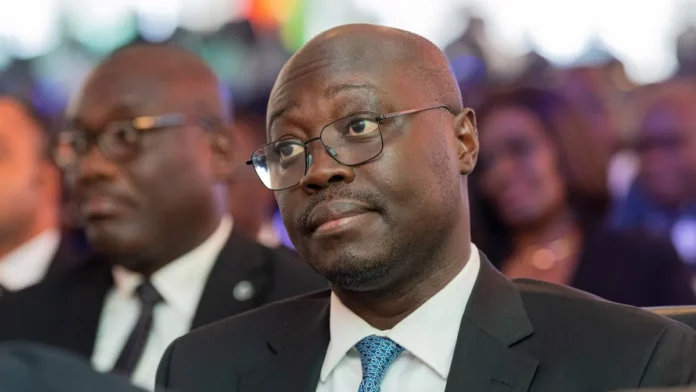The Minority in Parliament is suspecting that members of the ruling government could be stashing more millions of dollars in their bedrooms to secure their electoral fortunes in 2024.
The allegation comes on the back of the one million dollar that was stolen from Cecilia Dapaah’s home with a 300 thousand euros and undisclosed amount of Ghana Cedis amid reports from the Bank of Ghana indicating it run losses up to GHS60.8 billion dollars.
Within the same period, the World Bank report also noted 850,000 Ghanaians were pushed into poverty as a result of hyperinflation which the Minority has attributed to the indiscriminate printing of cash by the central bank.
READ ALSO: 2023 Budget: Captain Smart shuts ‘incompetent’ Addison up over gov’t spending on public debt
According to the party, the “section 30 (7) of the Bank of Ghana Act, 2012 (Act 612 ) and Section 60 of the Bank of Ghana Amendment Act, 2016 (Act 918) were breached” by the governor when it printed millions of Cedis without Parliamentary approval.
At its ‘Moment of Truth’ series at the party headquarters Tuesday, August 8, 2023, the NDC noted “the BoG’s illegal printing of money is responsible for the depletion of Ghana’s external reserves which resulted in the unprecedented depreciation of the Cedi, the main cause of hyperinflation in 2022.”
According to Minority Leader, Dr. Cassiel Ato Baah Forson, who read the statement on behalf of the group, the “estimated 850,000 people” who were pushed into poverty as a result of the hyperinflation in 2022 per the World Bank’s report, “it is now obvious that many more members of the Akufo-Addo Government will likely be keeping several more millions of dollars in their bedrooms and building a war chest to illegally buy electoral votes at both party primaries and the upcoming general elections of December 2024.”













